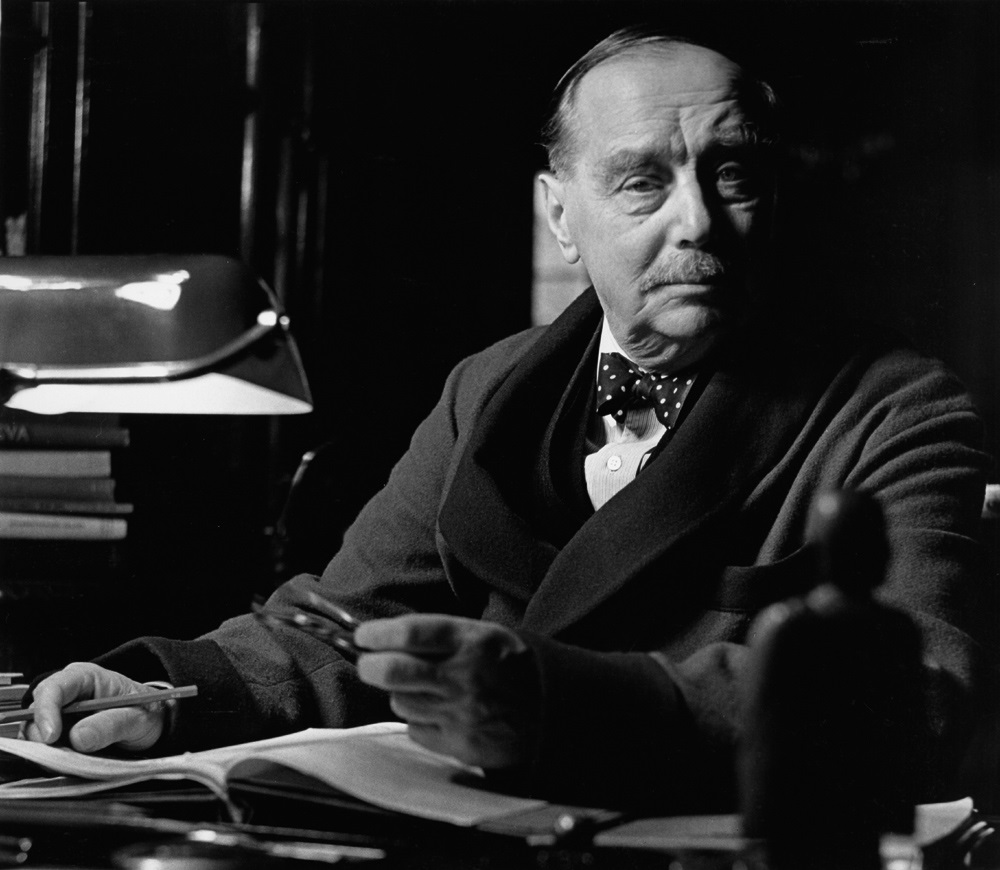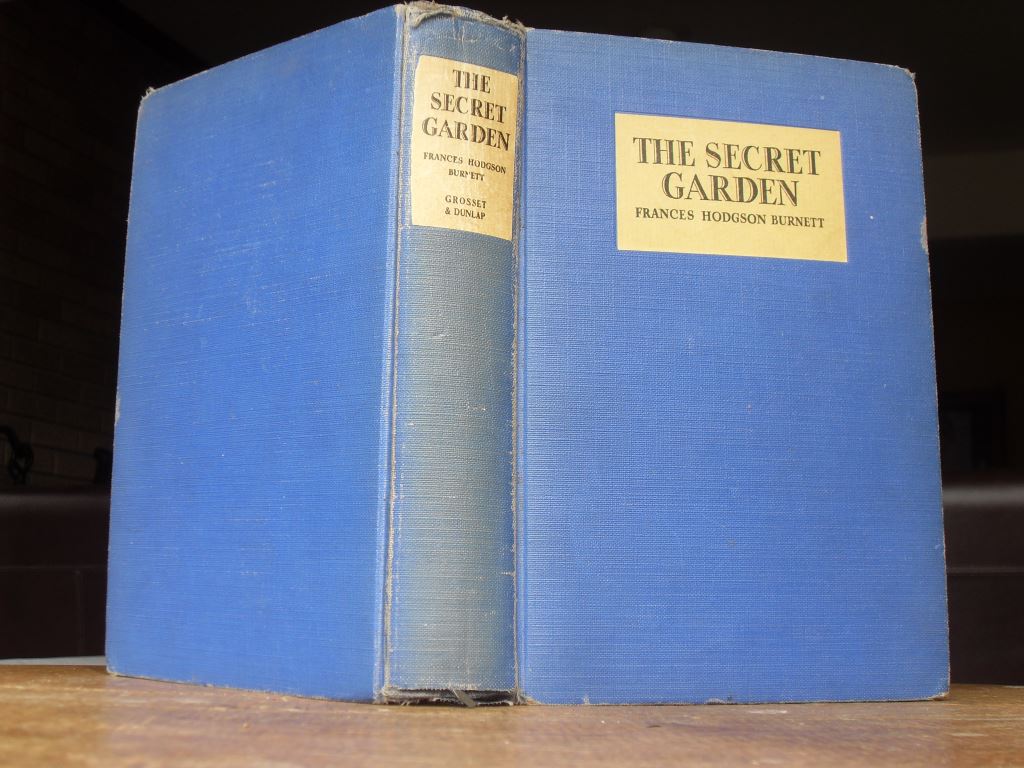This Reading Life: Paul Tiernan
For each of the seven days of National Library Week 2015 the River-side blog will host responses from a group of seven contributors who were asked to nominate seven ‘formative’ books. The project is curated by Fergal Gaynor. Today’s contributor is singer-songwriter Paul Tiernan.
- Flann O’Brien: The Third Policeman (written 1939/40; published 1967; Picador, 1974)
Edition: Picador books, paperback … bought in Eason’s in Cork City sometime in the seventies … lent sometime soon afterwards, no doubt to a man on a bicycle outside a pub.
My first hallucinogenic novel. I realised after crawling out the other end of this literary mind-bender that literature functioned not only as an entertainment, distraction or escape hatch to another universe, but also as something that would warp your perception of reality … and make you giggle at the same time.
- H.G. Wells: The Invisible Man (1897)
My mother inherited an entire H.G. Wells collection from her father … but unfortunately they were damaged by water and now no longer exist … I’m trying to trace the edition but no luck so far – though I think it would be from the 40s or 50s.
This was my first taste of science fiction and once hooked (I would have read this book when I was 11 or 12 years old) I developed a voracious appetite for the genre … though rather like being a plankton feeder, you had to consume an awful lot of it to get any nourishment!
Later science fiction highlights: Ray Bradbury: The Illustrated Man; Philip K. Dick: Do Androids Dream of Electric Sheep?; Harlan Ellison: A Boy and His Dog; Margaret Atwood: The Handmaid’s Tale.
- M. Scott Peck: The Road Less Travelled (Simon and Schuster, 1980)
‘Life is difficult. This is a great truth, one of the greatest truths. It is a great truth because once we truly see this truth, we transcend it. Once we truly know that life is difficult – once we truly understand and accept it – then life is no longer difficult. Because once it is accepted, the fact that life is difficult no longer matters.’
The opening lines to this, my first and what was to be last ‘self-help’ book. I read it in my twenties while in an angst-ridden state of confusion … those lines were of some help – but unfortunately one of the side effects of swallowing the book whole was to become, for a short while anyway, a self-help bore and proselytizer. It appears I was not alone.
- Frances Hodgson Burnett: The Secret Garden (1911)
The Secret Garden is one of Burnett’s most popular novels – a classic of English children’s literature, with several stage and film adaptations.
This and The Water Babies were my mother’s, from when she was a child and so in a way linked us.
My generation was probably the last to experience the separate world of children (separate from adults that is), and these books reflected that division. At 10 years-old I felt they also portrayed both the darker mysterious world of mothers and fathers, that we children gazed up at, and our own fuzzy subterranean planet of the newly hatched.
- e.e. cummings: A Selection of Poems (Harcourt, 1963)
- Raymond Carver: The Stories of Raymond Carver (Picador, 1985)
Both these books I stumbled upon in the 80s, and both helped me to escape from a songwriting dead end. The first is a collection of poems by e.e cummings (has to be lower case!). This edition I found in a second-hand bookshop in New York … it’s from 1963 as far as I can make out. The poems inspired me to break out of my overly rigid rhyming methods and try something different … and so I did.
The stories of Raymond Carver … a Picador paperback. This bunch of stories I still refer back to. Mr. Carver’s concise style taught me a lot about what to leave out … and how melancholia could be expressed differently.
- Hannah Arendt: The Origins of Totalitarianism (Harcourt, 1994)
Finally – this book was one on a list that a friend of mine sent me when I mentioned that I’d had enough of fiction (all that weight of suspended disbelief had become too much for me) and needed something more concrete. It’s a dense, pithy book (at least for me it was!) but the analysis and thinking still holds for the present day, and that’s why I’ve included it in my list.
Here’s an example: ‘Legends have always played a powerful role in the making of history. Man, who had not been granted the gift of undoing, who is always burdened with a responsibility that appears to be the consequence of an unending chain of events rather than conscious acts, demands an explanation and interpretation of the past in which the mysterious key to his future destiny seems to be concealed.’






